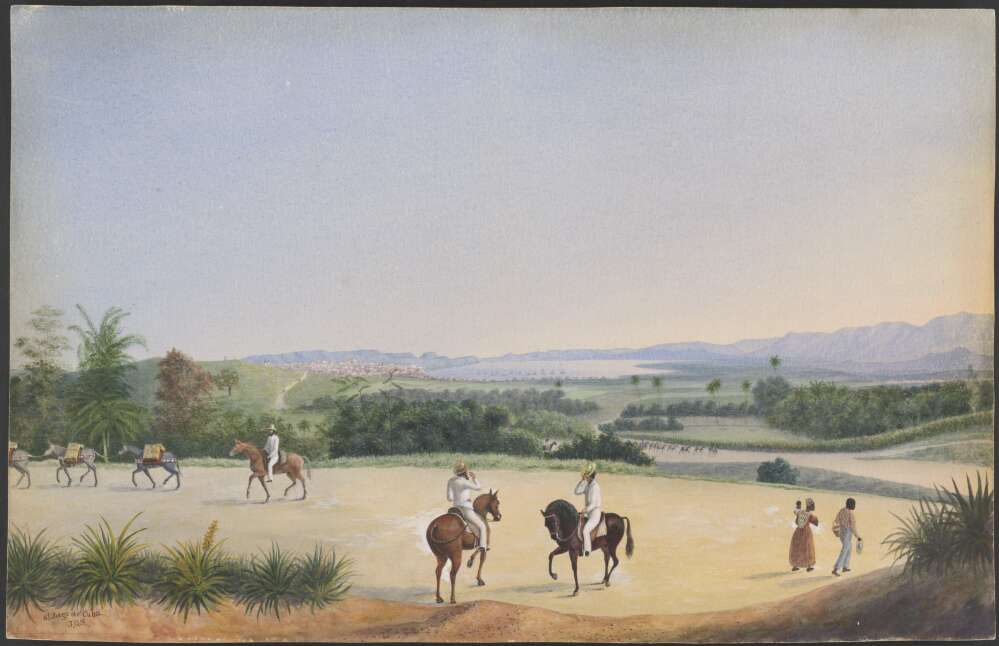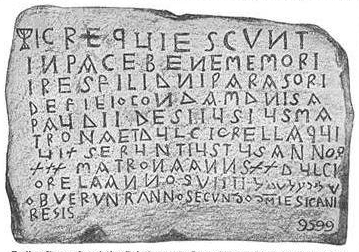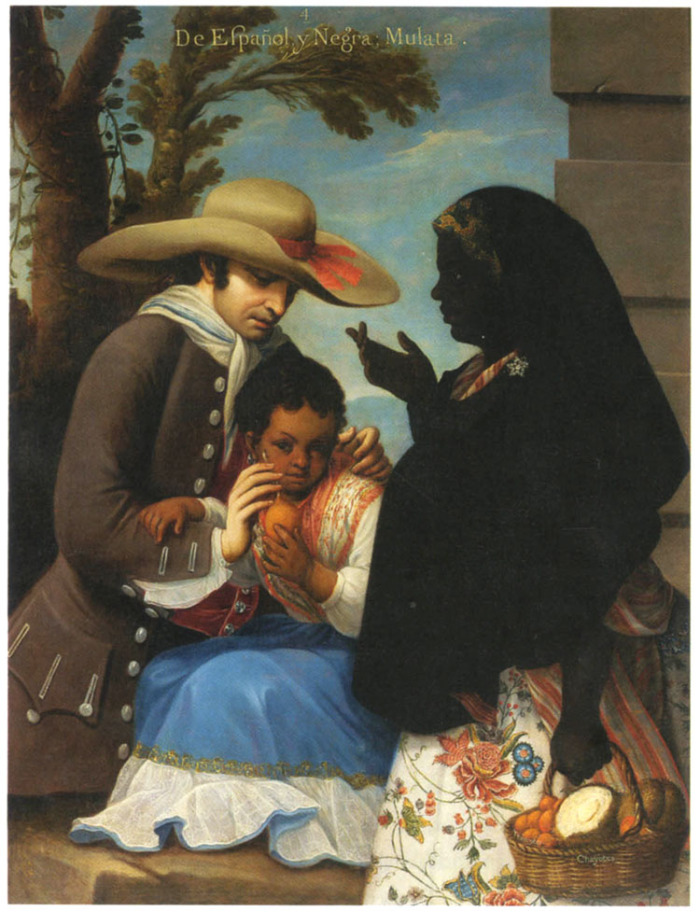|
Paul Lafargue
Paul Lafargue (; 15 January 1842 – 25 November 1911) was a Cuban- Haitian revolutionary Marxist socialist, political writer, economist, journalist, literary critic, and activist; he was Karl Marx's son-in-law having married his second daughter, Laura. His best known work is '' The Right to Be Lazy''. Born in Cuba to French and Saint Dominican Creole parents, Lafargue spent most of his life in France, with periods in England and Spain. At the age of 69, he and 66-year-old Laura died together by a suicide pact. Lafargue was the subject of a famous quotation by Karl Marx. Soon before Marx died in 1883, he wrote a letter to Lafargue and the French Workers' Party organizer Jules Guesde, both of whom already claimed to represent "Marxist" principles. Marx accused them of "revolutionary phrase-mongering" and of denying the value of reformist struggles. This exchange is the source of Marx's remark, reported by Friedrich Engels, "" ("If one thing is certain, I am not a Marxist" ... [...More Info...] [...Related Items...] OR: [Wikipedia] [Google] [Baidu] |
Santiago De Cuba
Santiago de Cuba is the second-largest city in Cuba and the capital city of Santiago de Cuba Province. It lies in the southeastern area of the island, some southeast of the Cuban capital of Havana. The municipality extends over , and contains the communities of Antonio Maceo, Bravo, Castillo Duany, Daiquirí, El Caney, El Cobre, El Cristo, Guilera, Leyte Vidal, Moncada and Siboney. Historically Santiago de Cuba was the second-most important city on the island after Havana, and remains the second-largest. It is on a bay connected to the Caribbean Sea and an important sea port. In the 2012 population census, the city of Santiago de Cuba recorded a population of 431,272 people. History Santiago de Cuba was the fifth village founded by Spanish conquistador Diego Velázquez de Cuéllar on July 25, 1515. The settlement was destroyed by fire in 1516, and was immediately rebuilt. This was the starting point of the expeditions led by Juan de Grijalba and Hernán Cortés to the co ... [...More Info...] [...Related Items...] OR: [Wikipedia] [Google] [Baidu] |
French Workers' Party
The French Workers' Party (french: Parti Ouvrier Français, POF) was the French socialist party created in 1880 by Jules Guesde and Paul Lafargue, Karl Marx's son-in-law (famous for having written '' The Right to Be Lazy'', which criticized work as such, criticizing heavily liberal moral frameworks of "Right to Work"). A revolutionary party, it had as aim to abolish capitalism and replace it with a communist society. The party originated with a secession from Federation of the Socialist Workers' Party of France, which was founded in 1879, after a split with Paul Brousse's possibilists. The party's programme, written by Guesde with input from Marx, Lafargue and Friedrich Engels, was approved at the opening congress. The party officially became the POF in 1893. In 1902, the party merged with the Blanquist Central Revolutionary Committee to form the Socialist Party of France and finally merged in 1905 with Jean Jaurès' French Socialist Party to form the French Section of the Wo ... [...More Info...] [...Related Items...] OR: [Wikipedia] [Google] [Baidu] |
Intellectual
An intellectual is a person who engages in critical thinking, research, and reflection about the reality of society, and who proposes solutions for the normative problems of society. Coming from the world of culture, either as a creator or as a mediator, the intellectual participates in politics, either to defend a concrete proposition or to denounce an injustice, usually by either rejecting or producing or extending an ideology, and by defending a system of values. Etymological background "Man of letters" The term "man of letters" derives from the French term '' belletrist'' or ''homme de lettres'' but is not synonymous with "an academic". A "man of letters" was a literate man, able to read and write, as opposed to an illiterate man in a time when literacy was rare and thus highly valued in the upper strata of society. In the 17th and 18th centuries, the term ''Belletrist(s)'' came to be applied to the ''literati'': the French participants in—sometimes referred to a ... [...More Info...] [...Related Items...] OR: [Wikipedia] [Google] [Baidu] |
Daniel De Leon
Daniel De Leon (; December 14, 1852 – May 11, 1914), alternatively spelt Daniel de León, was a Curaçaoan-American socialist newspaper editor, politician, Marxist theoretician, and trade union organizer. He is regarded as the forefather of the idea of revolutionary industrial unionism and was the leading figure in the Socialist Labor Party of America from 1890 until the time of his death. De Leon was a co-founder of the Industrial Workers of the World and much of his ideas and philosophy contributed to the creations of Socialist Labor parties across the world, including: Australia, the United Kingdom, Canada, and the Socialist Trade and Labor Alliance. Biography Early life and academic career Daniel De Leon was born December 14, 1852, in Curaçao, the son of Salomon de Leon and Sarah Jesurun De Leon. His father was a surgeon in the Royal Netherlands Army and a colonial official. Although he was raised Catholic, his family ancestry is believed to be Dutch Jewish of th ... [...More Info...] [...Related Items...] OR: [Wikipedia] [Google] [Baidu] |
Taíno
The Taíno were a historic indigenous people of the Caribbean whose culture has been continued today by Taíno descendant communities and Taíno revivalist communities. At the time of European contact in the late 15th century, they were the principal inhabitants of most of what is now Cuba, Dominican Republic, Jamaica, Haiti, Puerto Rico, the Bahamas, and the northern Lesser Antilles. The Lucayan branch of the Taíno were the first New World peoples encountered by Christopher Columbus, in the Bahama Archipelago on October 12, 1492. The Taíno spoke a dialect of the Arawakan language group. They lived in agricultural societies ruled by caciques with fixed settlements and a matrilineal system of kinship and inheritance. Taíno religion centered on the worship of zemis. Some anthropologists and historians have claimed that the Taíno were exterminated centuries ago or they gradually went extinct by blending into a shared identity with African and Spanish cultures. However, many ... [...More Info...] [...Related Items...] OR: [Wikipedia] [Google] [Baidu] |
French Jew
The history of the Jews in France deals with Jews and Jewish communities in France since at least the Early Middle Ages. France was a centre of Jewish learning in the Middle Ages, but persecution increased over time, including multiple expulsions and returns. During the French Revolution in the late 18th century, on the other hand, France was the first European country to emancipate its Jewish population. Antisemitism still occurred in cycles and reached a high in the 1890s, as shown during the Dreyfus affair, and in the 1940s, under Nazi occupation and the Vichy regime. Before 1919, most French Jews lived in Paris, with many being very proud to be fully assimilated into French culture, and they comprised an upscale subgroup. A more traditional Judaism was based in Alsace-Lorraine, which was taken by Germany in 1871 and recovered by France in 1918 following World War I. In addition, numerous Jewish refugees and immigrants came from Russia and eastern and central Europe in the ... [...More Info...] [...Related Items...] OR: [Wikipedia] [Google] [Baidu] |
Haitian Revolution
The Haitian Revolution (french: révolution haïtienne ; ht, revolisyon ayisyen) was a successful insurrection by self-liberated slaves against French colonial rule in Saint-Domingue, now the sovereign state of Haiti. The revolt began on 22 August 1791, and ended in 1804 with the former colony's independence. It involved black, biracial, French, Spanish, British, and Polish participants—with the ex-slave Toussaint Louverture emerging as Haiti's most prominent general. The revolution was the only slave uprising that led to the founding of a state which was both free from slavery (though not from forced labour) and ruled by non-whites and former captives. It is now widely seen as a defining moment in the history of the Atlantic World. The revolution's effects on the institution of slavery were felt throughout the Americas. The end of French rule and the abolition of slavery in the former colony was followed by a successful defense of the freedoms the former slaves won a ... [...More Info...] [...Related Items...] OR: [Wikipedia] [Google] [Baidu] |
Saint-Domingue
Saint-Domingue () was a French colony in the western portion of the Caribbean island of Hispaniola, in the area of modern-day Haiti, from 1659 to 1804. The name derives from the Spanish main city in the island, Santo Domingo, which came to refer specifically to the Spanish-held Captaincy General of Santo Domingo, now the Dominican Republic. The borders between the two were fluid and changed over time until they were finally solidified in the Dominican War of Independence in 1844. The French had established themselves on the western portion of the islands of Hispaniola and Tortuga by 1659. In the Treaty of Ryswick of 1697, Spain formally recognized French control of Tortuga Island and the western third of the island of Hispaniola. In 1791, slaves and some Dominican Creoles took part in the Vodou ceremony Bois Caïman and planned the Haitian Revolution. The slave rebellion later allied with Republican French forces following the abolition of slavery in the colony in 1793, ... [...More Info...] [...Related Items...] OR: [Wikipedia] [Google] [Baidu] |
Mulatto
(, ) is a racial classification to refer to people of mixed African and European ancestry. Its use is considered outdated and offensive in several languages, including English and Dutch, whereas in languages such as Spanish and Portuguese is not, and can even be a source of pride. A () is a female ''mulatto''. Etymology The English term and spelling ''mulatto'' is derived from the Spanish and Portuguese . It was a common term in the Southeastern United States during the era of slavery. Some sources suggest that it may derive from the Portuguese word (from the Latin ), meaning ' mule', the hybrid offspring of a horse and a donkey. The Real Academia Española traces its origin to in the sense of hybridity; originally used to refer to any mixed race person. The term is now generally considered outdated and offensive in non-Spanish and non-Portuguese speaking countries, and was considered offensive even in the 19th century. Jack D. Forbes suggests it originated in t ... [...More Info...] [...Related Items...] OR: [Wikipedia] [Google] [Baidu] |
Bordeaux
Bordeaux ( , ; Gascon oc, Bordèu ; eu, Bordele; it, Bordò; es, Burdeos) is a port city on the river Garonne in the Gironde department, Southwestern France. It is the capital of the Nouvelle-Aquitaine region, as well as the prefecture of the Gironde department. Its inhabitants are called ''"Bordelais"'' (masculine) or ''"Bordelaises"'' (feminine). The term "Bordelais" may also refer to the city and its surrounding region. The city of Bordeaux proper had a population of 260,958 in 2019 within its small municipal territory of , With its 27 suburban municipalities it forms the Bordeaux Metropolis, in charge of metropolitan issues. With a population of 814,049 at the Jan. 2019 census. it is the fifth most populated in France, after Paris, Lyon, Marseille and Lille and ahead of Toulouse. Together with its suburbs and exurbs, except satellite cities of Arcachon and Libourne, the Bordeaux metropolitan area had a population of 1,363,711 that same year (Jan. 2019 censu ... [...More Info...] [...Related Items...] OR: [Wikipedia] [Google] [Baidu] |
Republic Of Cuba (1902-1959)
A republic () is a "state in which power rests with the people or their representatives; specifically a state without a monarchy" and also a "government, or system of government, of such a state." Previously, especially in the 17th and 18th centuries, the term was used to imply a state with a democratic or representative constitution (constitutional republic), but more recently it has also been used of autocratic or dictatorial states not ruled by a monarch. It is now chiefly used to denote any non-monarchical state headed by an elected or appointed president. , 159 of the world's 206 sovereign states use the word "republic" as part of their official names. Not all of these are republics in the sense of having elected governments, nor is the word "republic" used in the names of all states with elected governments. The word ''republic'' comes from the Latin term ''res publica'', which literally means "public thing", "public matter", or "public affair" and was used to refer ... [...More Info...] [...Related Items...] OR: [Wikipedia] [Google] [Baidu] |
Plantation Economy
A plantation economy is an economy based on agricultural mass production, usually of a few commodity crops, grown on large farms worked by laborers or slaves. The properties are called plantations. Plantation economies rely on the export of cash crops as a source of income. Prominent crops included cotton, rubber, sugar cane, tobacco, figs, rice, kapok, sisal, and species in the genus '' Indigofera'', used to produce indigo dye. The longer a crop's harvest period, the more efficient plantations become. Economies of scale are also achieved when the distance to market is long. Plantation crops usually need processing immediately after harvesting. Sugarcane, tea, sisal, and palm oil are most suited to plantations, while coconuts, rubber, and cotton are suitable to a lesser extent. Conditions for formation Plantation economies are factory-like, industrialised and centralised forms of agriculture, owned by large corporations or affluent owners. Under normal circumstances, plantatio ... [...More Info...] [...Related Items...] OR: [Wikipedia] [Google] [Baidu] |







